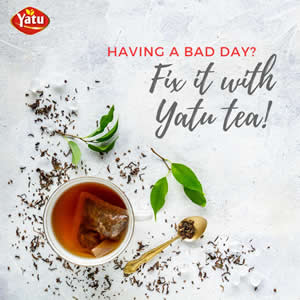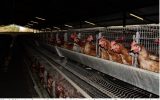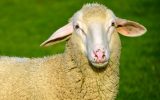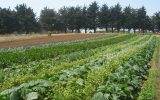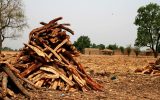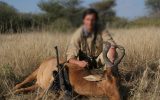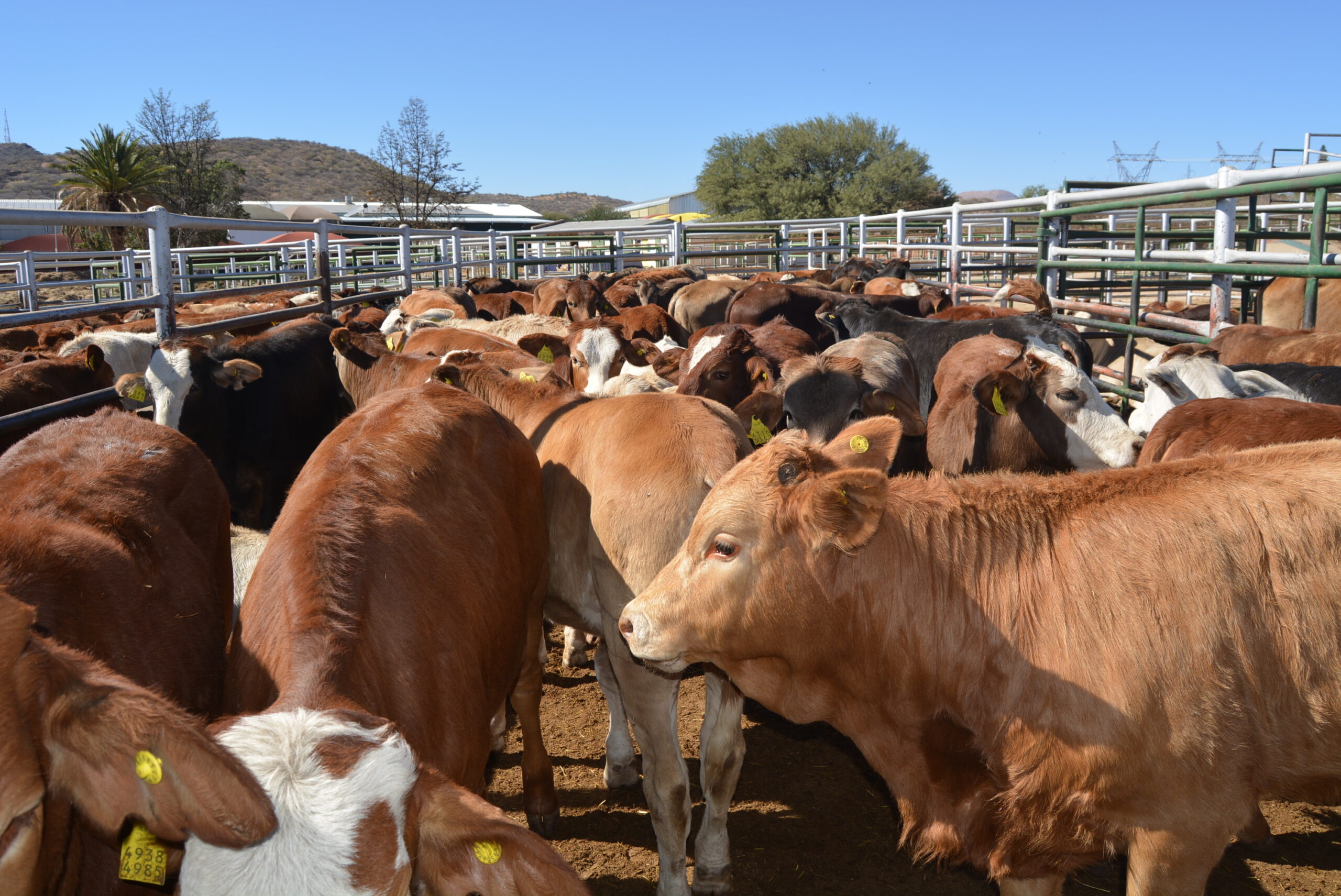The directorate of veterinary services under the Namibian ministry of agriculture, water, and land reform have informed farmers and stakeholders that Namibia’s neighboring country, South Africa, has imposed a movement restricting live cattle destined for South Africa. This was put in place to control the outbreaks of foot and mouth disease (FMD). This movement restriction deprives all export of live cattle from Namibia into South Africa until further notice.
This incident has caused the directorate of veterinary services to suspend, with immediate effect, the provision of export health certificates and certification of veterinary import permits for live cattle destined for South Africa.
In addition to the suspension, there are some conditions put in place regarding the importation of livestock feed from South Africa. The first condition is about the importation of grass, straw, forage, lucerne, as well as silage, and it states that these can only be imported under certain conditions.
The feed should come from commercial feed establishments registered with the veterinary authority of South Africa, with strict FMD biosecurity measures. Another caution is that no cloven-hoofed animals should be kept in establishments from which the feed has been harvested. The feed should in turn be free of grossly identified contamination with the material of animal origin.
As for baled livestock feed, subjection to the action of steam in an enclosed chamber is advised. This should be done in such a manner that the center of the bales has reached a minimum temperature of 80 degree celsius (°C), or the action of formalin fumes (formaldehyde gas) produced from its solution is at 30 – 40% in a chamber kept closed for at least eight hours at a temperature of 19 °C.
Another exemption can be done if the livestock feed is kept in bond for at least four months, before exportation. The pelleted livestock feed should be subjected to a minimum temperature of 70 °C for a minimum period of five minutes during production. Grass, straw, hay, forage, lucerne, and silage should be in compliance with all the above-cautioned indications if they are to be used as premixes of raw materials in the production of fully processed feed.
The second condition is that the livestock feed must be transported as per the specified allocations hereafter. They are to be transported in cleaned and disinfected vehicles under the supervision of the South African veterinary authority who approves the disinfectants that are effective to inactivate the FMD virus. Certificates are to be issued to cleaning and disinfection vehicles, must be presented to Namibia’s veterinary border officials and will only be valid for a single consignment.
Further enquiries regarding importation or exportation : +264 61 208 7503 Vet.Permits@mawlr.gov.na

